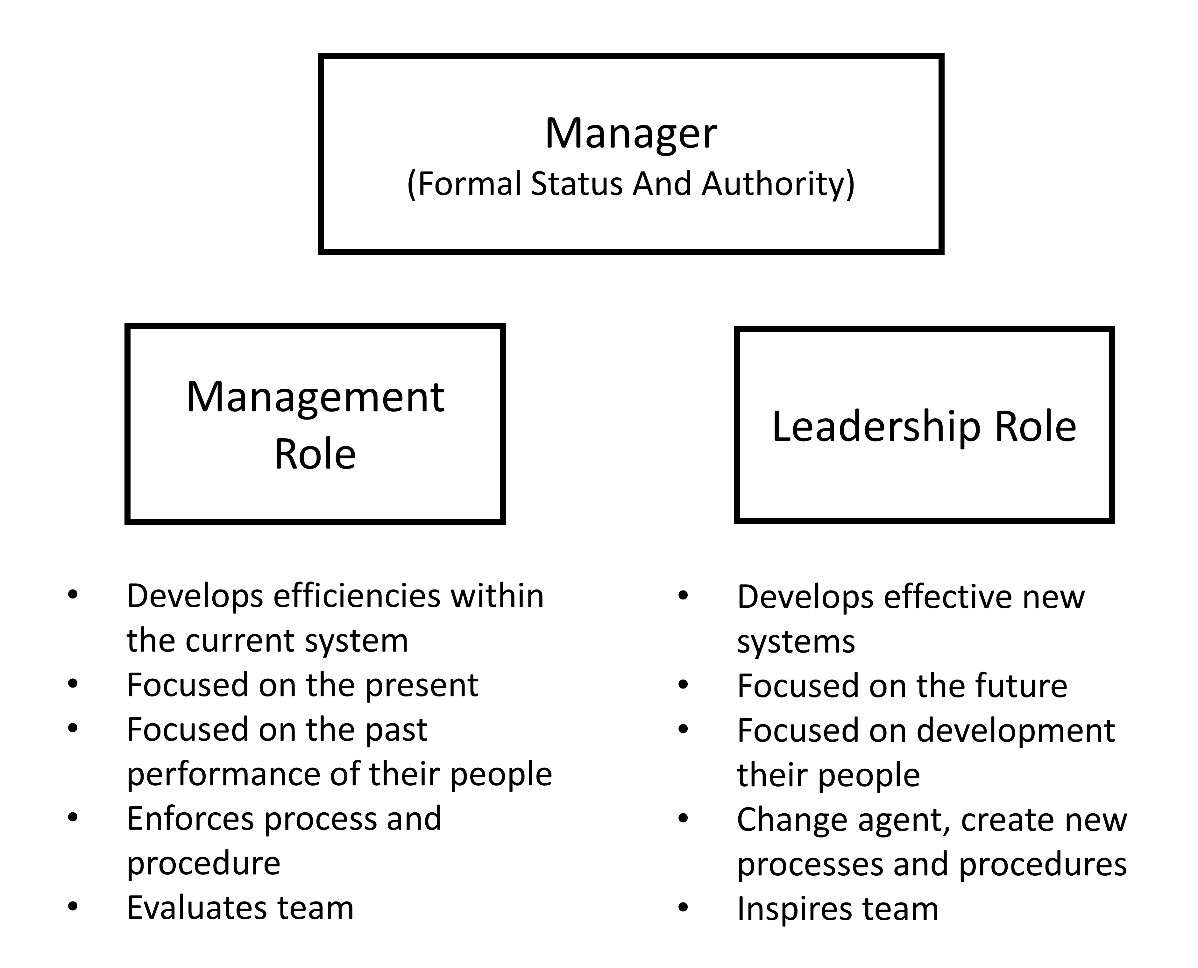Do I have to become a manager? (Part 3)
Welcome back! This post is coming in a little later than we wanted, but we finally made it.
For those of you who are joining us now, you may want to go back to the first part of this blog at. Don’t forget to download the free assessment worksheet and take the time to understand whether transitioning to people management is right for you.
This is especially important if you like the work you do currently, you like the organization you work for and the people you work with. From personal experience, I can tell you that putting the effort into making the transition from team member to people manager is a challenge, and it’s even more challenging if you finally get there and realize it’s making you unhappy…
Transitioning upward is easier than going back to becoming an individual contributor, while maintaining or improving your reputation. It’s not impossible; it’s just more difficult. With that in mind, let’s take a look at your assessment from last week. If you missed it, you can get it here: https://www.thresholdlearning.net/pl/61833
The first step is to review the nature of your role, your organization and your own personal ‘status quo’. When you make the transition to personnel management, understand that almost everything on that list will change:
- The nature of your work will change
- The people you work with will change
- The people you used to work with may now be working for you, changing that dynamic
- Your boss will likely change
- Your pay may go up, but you may also lose some performance incentives
- Realize your flexibility and remote work ability may also change
Identifying what you like in your recurring or ongoing duties is the second step. Only you’ll know how much satisfaction you get out of those tasks, and how much of your time you spend on those tasks that you find rewarding. The changes will be fundamental in a shift to management:
- Instead of being focused on how you deliver your own work, you’ll be focused on how your team members deliver their work, enabling your success
- Your time will be spent communicating and coordinating – if you dislike group work, your life will be spent on group work. If you’re spending much time working on your own deliverables, you’re probably working on the wrong things.
- Effective delegation will make or break you:
- If you delegate nothing because it all has to be done the way that you want I to, then you will fail. You’re not going to be an effective manager. At best you’ll be a micro-manager.
- If you dump as much as possible on your team, you will also fail because you’re not setting your team up for success. If they fail, you fail. It’s that simple.
- As a good manager, delegating effectively accomplishes several things:
- Sets boundaries, constraints and clarity of vision around what the final deliverable needs to look like
- Trains the team to work together in the way you envision as the manager
- Develops individual and team skills as members take on new and bigger roles
- Provides opportunity to develop the next wave of leaders
- Eventually it allows your team to execute those tasks without your guidance and supervision – enabling your team to do more work together and removing you as a bottleneck to repeated processes
- Finally (and potentially least of all) it gets a job done
- The challenge is that effective delegation will take more time from you up front. It’s not something you can dump and run. It would have been faster to do it yourself, but that would be missing the point.
The thread that weaves its way through this topic is that as a People Manager, the nature of the work you should be doing changes. There is a shift from delivering own work to enable team to deliver on the work you are responsible for overall.
Personnel Managers have two roles or two hats they wear: Management and Leadership. If it doesn’t fall under either of those two categories, then you probably shouldn’t be doing it.

For those of you who are looking at the transitioning to Project Management, the reality is the same, even though most people starting out in Project Management don’t know it! You’ll split you time between Managing and Leading even though you don’t have people reporting directly to you.
The first thing you need to remember is: You can be a good Leader without being a Manager, but you can’t be a good Manager without being a Leader!
What does this mean for you?
For those of you who don’t want to go down the path of personnel management yet, and maybe aren’t interested in project management, there are other ways to get ahead. It’s all about Leadership and how you can lead from anywhere.


